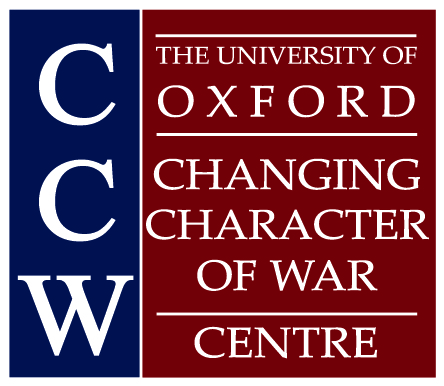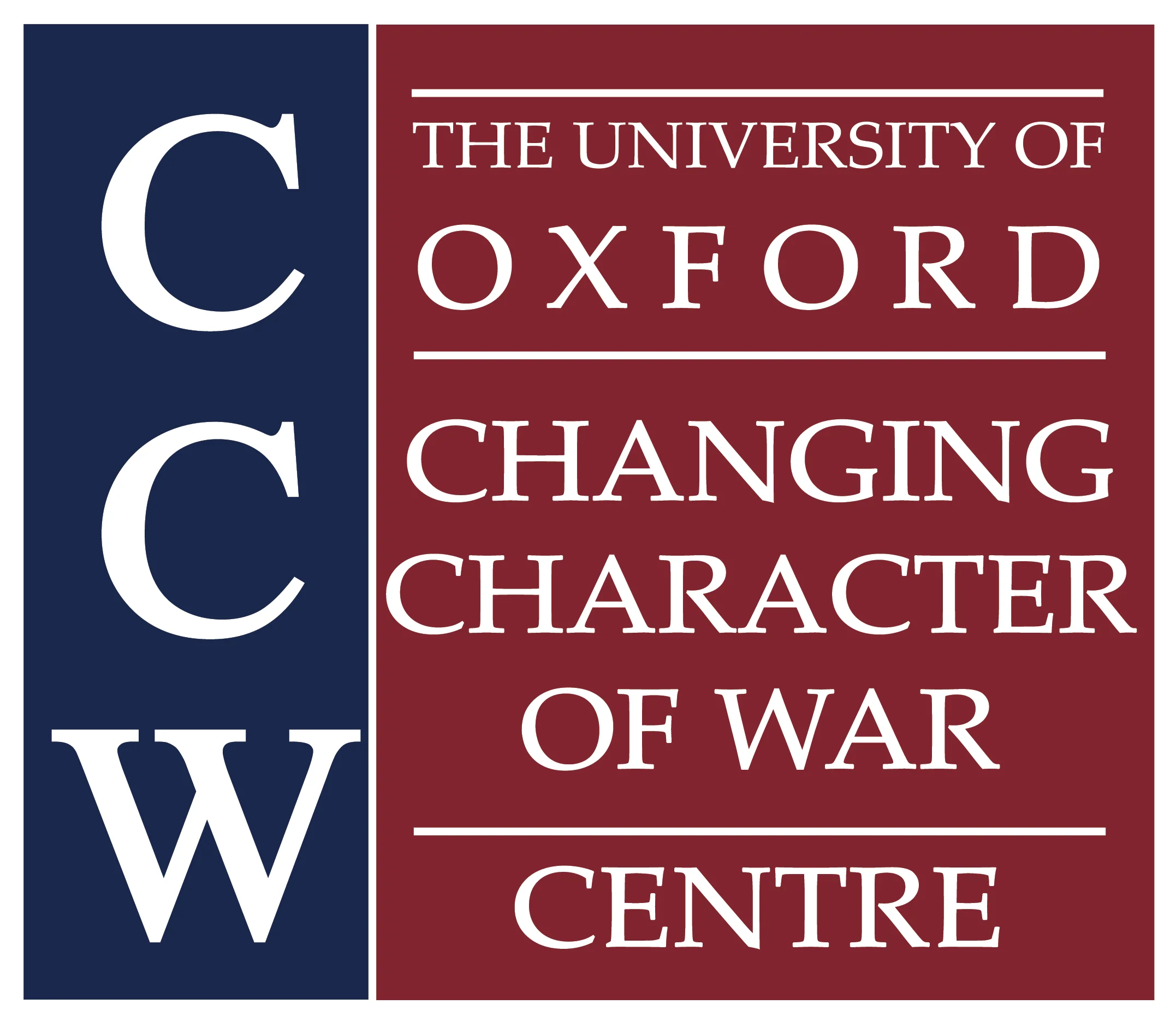PUTTING FRONTIER RESEARCH INTO ACTION: CO-DESIGNING SECURITY POLICIES TO TACKLE VIOLENT NON-STATE GROUPS IN PERIPHERAL SPACES
Conflicts involving violent non-state groups often called militias, paramilitaries, rebels, cartels, or terrorist organisations are the most lethal form of violence in the world today. Because of the fierce urgency of current crises, long-running conflicts which have reached, or are close to reaching, peaceful settlements have not often been examined for any lessons they might offer. Colombia offers just such an opportunity. If successful, the current peace negotiations between Colombia’s government and the rebels, FARC, would end more than five decades of violent conflict that has left 220,000 dead and produced a massive displacement crisis second only to that in current situation in Syria. Colombia’s borderlands are not only the regions that have been most affected by the conflict, but are also fertile grounds for myriad cartels and gangs involved in multiple forms of transnational organised crime. These border areas require a tailor-made, post-conflict strategy for the best hope of a successful resolution. As part of her work with the Changing Character of War Programme based in the University of Oxford’s Pembroke College, Dr Annette Idler, a HEIF-funded Early Career KE Fellow mentored by Professor Dominic Johnson, aims to do just that.
Dr Idler is working in partnership with the United Nations (UN), particularly UN Colombia and the UN Staff System College (UNSSC). The project will result in a policy brief on how to reduce security threats produced by the violent non-state groups in Colombia’s border regions, which is aimed to inform the UN’s and the Colombian government’s post-conflict strategy. The Colombian case will serve to produce a training module for UN staff around the world. The policy brief and the training module will better equip UN staff and international governments to tackle violent non-state groups in marginalised regions. In this way, they aim to enhance the security of thousands still living in Colombia’s borderlands and contribute to this goal in war-torn places around the world, like Syria, Afghanistan and Iraq.





